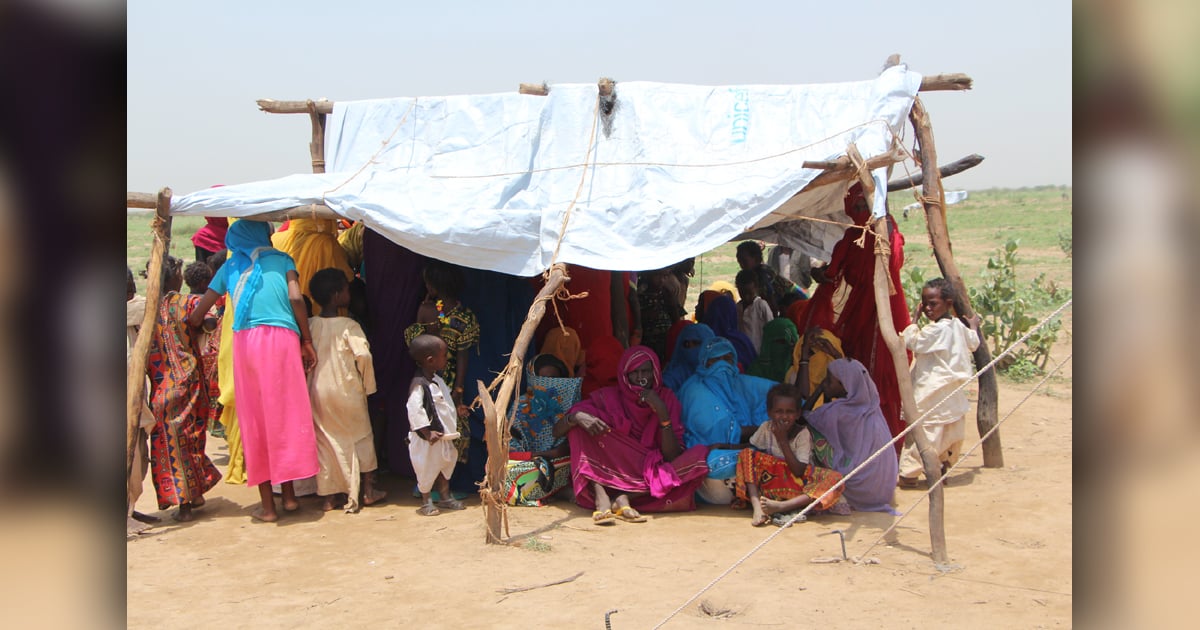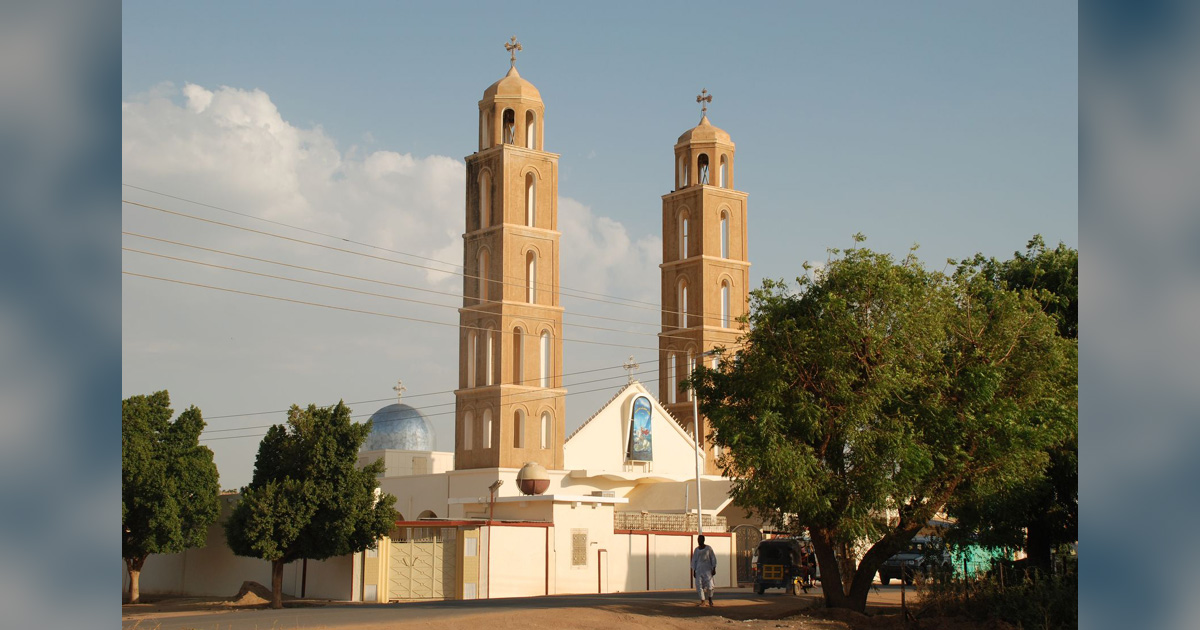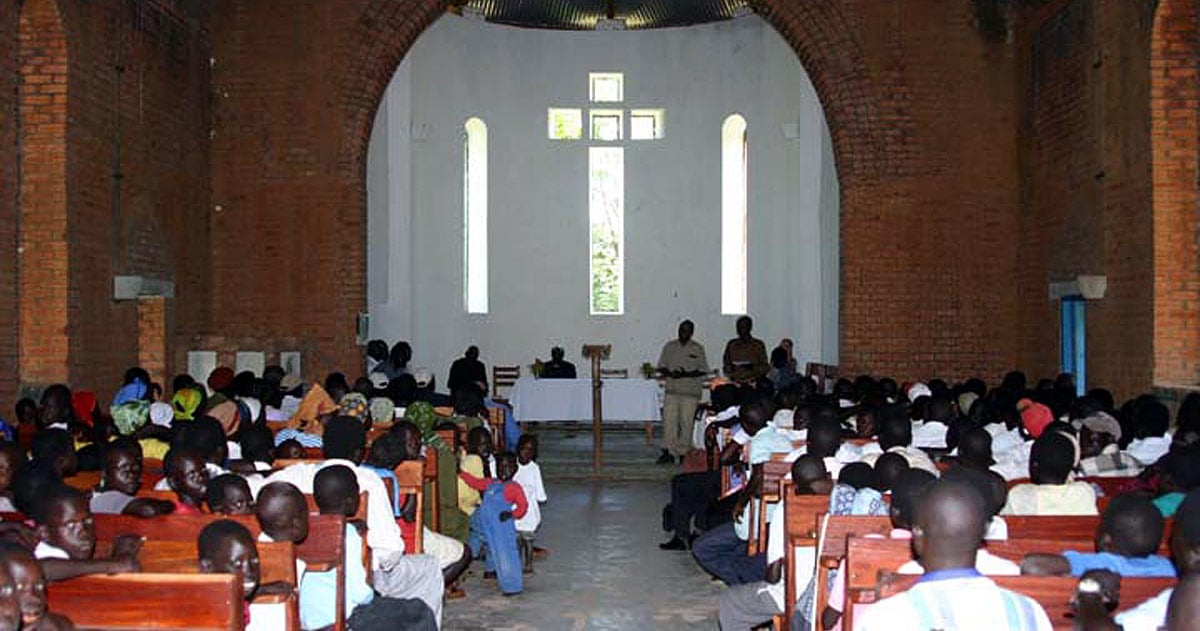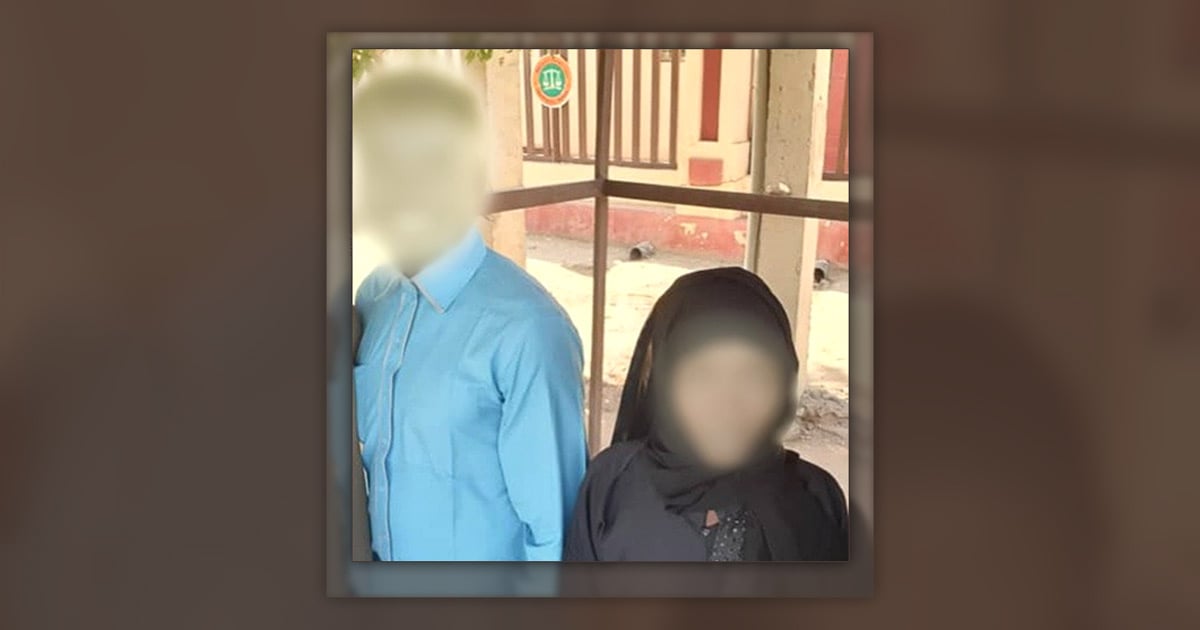In a move spearheaded by Libya, the present head of the United Nations Human Rights Commission, and actively supported by France, Sudan has been dropped as a "country with special problems" in the area of human rights. In a vote of 26-24 (with three abstentions), the Commission rejected Resolution L.35 on April 16 that would have extended the human rights monitoring of Sudan for another year. The Commission ruled that there has been sufficient improvement in the area of human rights by the Khartoum government to warrant this action. This comes despite a report from the UN Special Rapporteur, Gerhard Baum, on March 28 stating that there has been no significant change in Sudan's violations of human rights in the past year. According to a press release from the Commission, some of the members felt that the resolution "did not sufficiently credit the Sudanese Government for well-intentioned efforts and progress achieved in the field of human rights."
For several years the government of Sudan has been consistently involved in ethnic cleansing, wiping out entire villages to advance its hold on oilfields, attacking civilians, supporting militia groups involved in slavery and religious persecution, and preventing aid from reaching war-torn areas.
On March 26, US Secretary of State, Colin Powell, said the United States would fight any effort to ease pressure on the government of Sudan. Despite this, on April 21, in accordance with the Sudan Peace Act, President Bush certified to various Congressional Committees his belief that both sides of the conflict were negotiating in good faith and that negotiations should continue. The president acknowledged that there have been "sporadic military activities" that have hindered the peace negotiations. The State Department Fact Sheet also acknowledged that they had received reports of violent actions against civilians and forced displacement, most notably in the Western Upper Nile. The fact that the peace talks had continued, despite these violations, since the signing of the October 15, 2002 cessation of hostilities memorandum apparently motivated the president to issue his certification. This certification came only two days after peace talks in Kenya were suspended without settling key military security arrangements. Peace talks are scheduled to resume on May 2.
Pray that the truth of what is happening in Sudan will be clearly shown, despite these setbacks. Pray that there truly will begin to be improvements in the way the Sudanese government treats its citizens, particularly in the war-torn areas of southern Sudan. Pray for church leaders as they seek to minister to those who are suffering great deprivation.
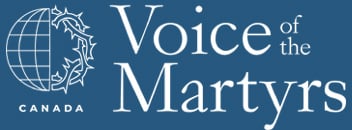
 Population
Population